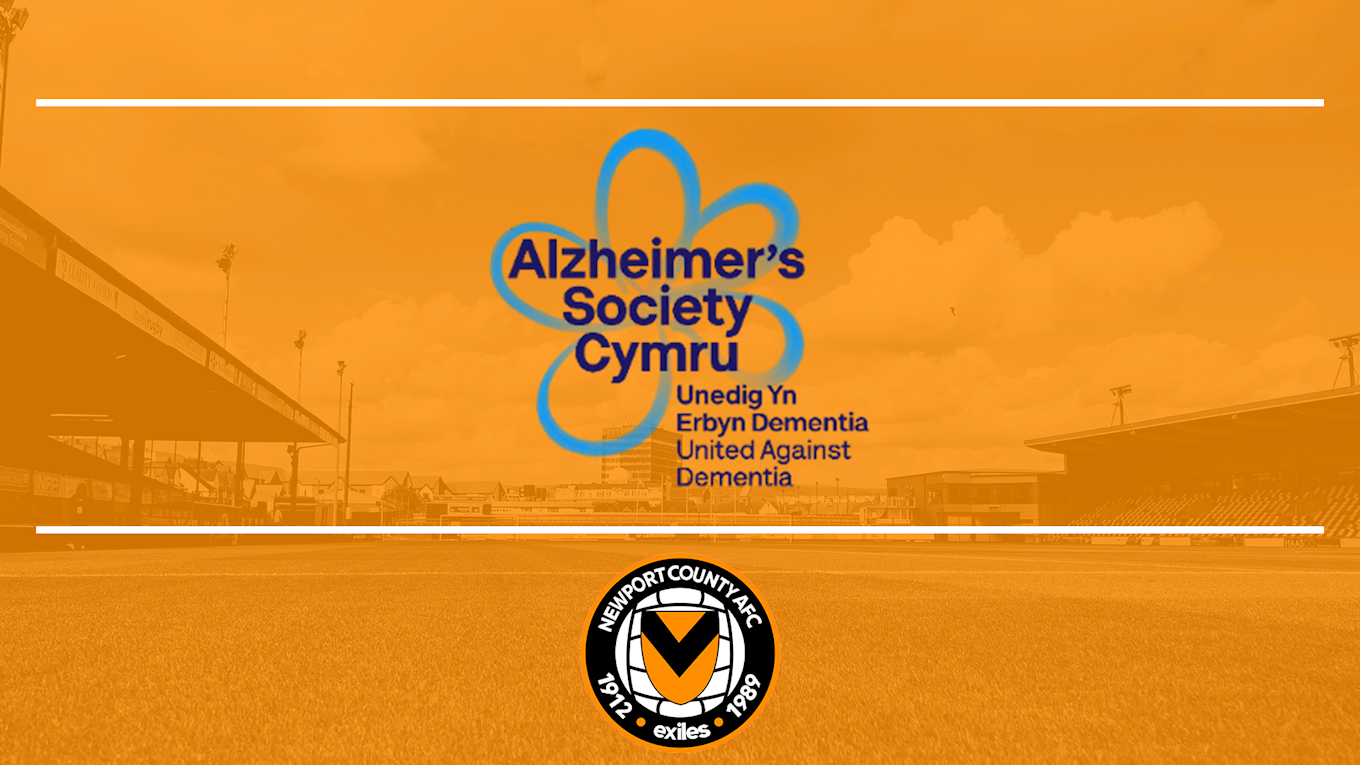As the Government announces new guidance for social care and the lifting of lockdown measures, our CEO, Kate Lee shares her thoughts on the fundamental role our supporters have played in our response to coronavirus, and what comes next.
If someone could have told us what was ahead as we brought in 2020, I am pretty sure we all would have been in disbelief.
After the General Election at the end of 2019, we were planning to continue our campaigning efforts for long term social care reform, greater investment in dementia research and improved awareness of dementia across society.
‘As I took over as Alzheimer’s Society’s CEO in March, many plans had to be paused immediately.’
It is in times of crisis that people are forgotten – we weren’t going to let that happen to people affected by dementia. We needed to do all we could to protect and support people affected by dementia during the coronavirus crisis.
Understanding the crisis
We worked quickly to establish what people affected by dementia needed in response to the pandemic. We contacted volunteers and listened to what people were telling us through our Dementia Connect support line and online community, Talking Point.
‘I related all too well to the challenges of coronavirus. My mum has been living with dementia for 16 years, and in a care home since 2019.’
As a family, we were saddened by the prospect of not seeing Mum for a long period of time, especially as we play a vital role in her care. But we understood that such measures were in place to protect her, other residents and care home staff.
Still, as April marked my parents’ 59th wedding anniversary, it was the first they have ever spent apart. Lockdown has been so difficult on my dad, as it has for so many people affected by dementia across the country.
Like many of you, I became concerned as the pandemic evolved – the impact of interrupted healthcare and the risk of deterioration without family visits.
We were told that pubs and restaurants were re-opening and people were able to book haircuts. But the ‘blanket no’ approach to care home visits remained with no explanation.
Because of you, we've achieved so much
Together, we have shouted loudly about the struggles the pandemic was posing.
I am still in awe at the way our supporters, campaigners and volunteers rallied round as we responded to the crisis the best way we could for people affected by dementia.
1. A plan for social care
With over 70% of people in care homes living with some form of dementia, coronavirus has put the thinly resourced social care system under the spotlight.
People who receive care are not just numbers. They are my parents, your parents, brothers, sisters, aunts, uncles, grandparents, great-grandparents and friends.
That’s why we called on Government for a dedicated national strategy to support social care. With thousands of you writing to your MPs and supporting our campaign on social media, the Government responded with a promise of daily data, adequate PPE provision and dementia training for support staff.
2. Answers to tough questions
The daily data from the Office for National Statistics showed that people living with dementia are not only at risk of the virus itself, but that interruptions to their usual health services and support caused a sharp rise in dementia deaths.
It devastates us that 25,000 people living with dementia passed away in England and Wales in March and April, double the number of deaths we’d usually expect. We called for an immediate investigation as to why people with dementia had been hardest hit by the pandemic.
The Government’s announcement of a Social Care Taskforce was a positive response. Because of your critical support to share our campaign work, I am delighted and proud to have been asked to chair a group of this taskforce. I am already working hard to ensure that the needs of people affected by dementia are considered at every possible stage.
3. Reuniting families who have been disconnected
We have heard from so many families who have been completely disconnected as lockdown was enforced across the country.
The Government closed care homes to visitors, but social contact and routine are fundamental to slowing the deterioration of dementia symptoms. There is concern that the lockdown itself contributed to the higher rate of dementia deaths.
I, along with other leading Dementia charity CEOs wrote to the Secretary of state this month, asking him to urgently take action. Following this, the Government produced new guidance for the social care sector that will allow family visits to care homes to resume in the coming weeks.
We continue our conversations with government for named loved ones to be prioritised for regular testing, as well as giving them advice on infection control and protective equipment.
What’s next
The reality is this virus will remain a threat. We don’t know what will happen in the winter.
Some of our own support services have been reduced or stopped altogether – we need to get those back up and running in a safe and appropriate manner.
We are still influencing Government through our Fix Dementia Care campaign, and we want to address falling diagnosis rates, risk to support packages and support for unpaid carers during the pandemic.
We are trying to find solutions to these challenges, but we need your support. There are still many ways to get involved by joining our campaign to influence government or by donating to keep our support services running.
Together we can fight for a better system of support for people with dementia, through this coronavirus period and for the years to come.

